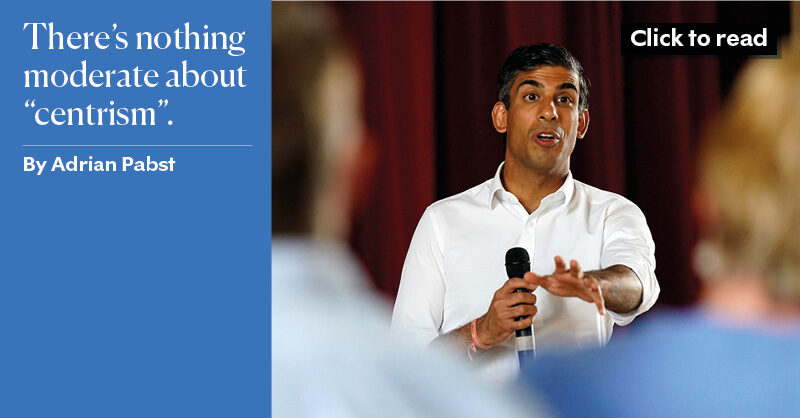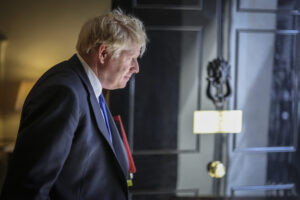
President Joe Biden and his wife Dr. Jill Biden enter the inauguration platform during the 59th Presidential Inauguration ceremony in Washington, Jan. 20, 2021 / DOD Photo by Navy Petty Officer 1st Class Carlos M. Vazquez II
Joe Biden’s politics are no stranger to the leaders of Her Majesty’s Opposition. Some might even say they were inspired by Labour leaders — evidenced in 1987 by famously lifting parts of Neil Kinnock’s party conference speech. Substituting Kinnock’s name for his own, Senator Biden invoked powerful Labour rhetoric on social mobility and humble beginnings to illustrate that he was the first in his family to go to university. A year later he met Kinnock on his home turf and reportedly “got on like a house on fire”, affirming their positive relationship. 33 years later, the question remains – can Starmer pick up where Kinnock left off?
In many ways, they share similar life experiences. To make the Kinnock analogy, Starmer too was the first person in his family to graduate from university. Unlike the Borises and Trumps of the world who were born into influential families — and are now revered for their anti-establishmentarianism — both leaders understand meritocracy. Both hold law degrees and have held positions of authority: Biden as a Senator and then Vice President from 2008-16; Starmer as a QC and then as Head of Public Prosecutions and the Crown Prosecution Service. Indeed, Biden and Starmers’ career trajectories illustrate the value of being self-made and working their way up the class ladder. Crucially, they always chose competence over hollow cult of personalities.
Their ideologies likewise align. Parallels can be drawn between their economic policies that lean more centrist rather than progressive, closing the Sanders and Corbyn chapters for good. They hold strong views on social issues too: Biden vocally supported the Black Lives Matter protests and visited a protest site in Delaware; Starmer adamantly expressed his rejection of anti-Semitism and proved this by suspending former leader Jeremy Corbyn.
Further, their politics belong to the liberal mainstream: both believe in fair and open immigration; oppose welfare cuts and support membership of the EU. Unlike Johnson’s and Trump’s mutual disrespect for multilateralism and honouring international agreements, Biden and Starmer reject the platform of anti-globalisation. To the contrary, Biden’s Irish roots make him fundamentally opposed to a hard Brexit or a hard Irish border — and thus the entire Brexit project. Against the backdrop of Boris’s overt and prolonged association with Trump, Starmer has the opportunity to step in and create equal footing with Biden from the outset.
This benefits the Labour Party in two ways. First, it offers hope for their “boring” problem, namely the problem of its leader being labelled “boring”, “uncharismatic” and “plain”. If Biden can clinch a win despite his label “Sleepy Joe” — it suggests populist rhetoric and identity politics no longer guarantee electoral success. Although not the end of populism, its relative decline creates fertile conditions for Labour’s ascent.
Second, it offers a template for 2024. Biden’s success was in part due to strategically targetting disillusioned blue-collar workers who flipped from Obama to Trump in key states like Wisconsin and Michigan. Admittedly, it was a narrow victory — over-predicted by the polls and less effective than the Democrats would have liked — in spite the fall-out from a global pandemic. But the analogy remains: unless he wants a repeat of 2019, Starmer cannot just focus on regaining lost members of the Red Wall. Nor can he rely on the Government’s Covid-19 mismanagement to deliver him victory. Rather, he should take notes on America’s narrow race and heed its lessons to rapidly change his appeal to voters all across England, Scotland and Wales.
Equally important is strong mentorship from seasoned politicians, which Starmer would be wise to take a leaf from Biden’s book. Much like how Biden seeks mentorship from former President Barack Obama, Starmer should capitalise on advice from three-term Prime Minister Tony Blair. By distinguishing Blair’s foreign policy failings from his electoral successes, Starmer can create a winning strategy for a Labour 2024 Government.
As the world welcomes the return of centrism, the spotlight shines on Sir Keir Starmer.


